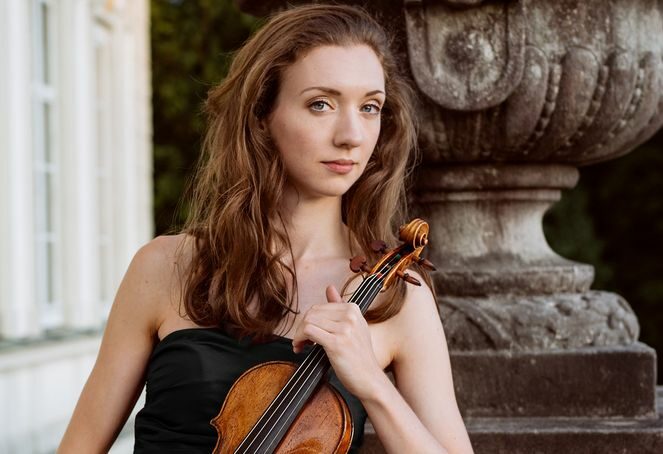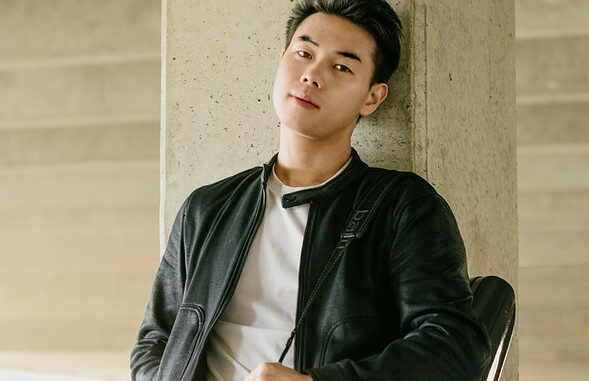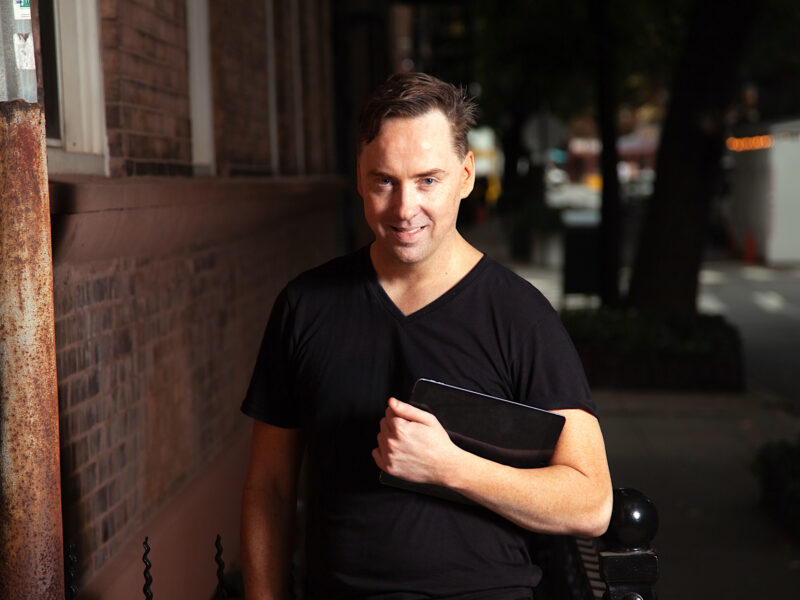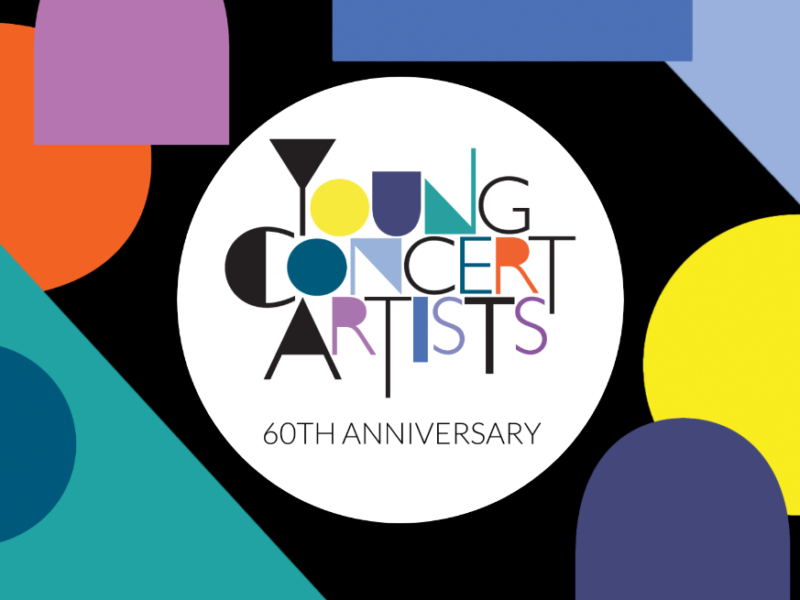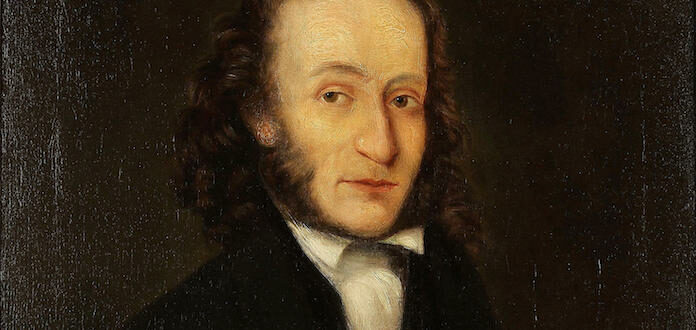VC INTERVIEW | Co-Artistic Directors Antje Weithass & Oliver Wille on the New Joseph Joachim Competition
The competition is taking place between September 26 – October 10 in Hannover, Germany, and is streamed live on The Violin Channel
The Violin Channel recently sat down with Antje Weithass and Oliver Wille, newly-appointed Co-Artistic Directors of the 2021 Joseph Joachim International Violin Competition in Hannover, Germany.
Our readers are obviously very familiar with the Joachim International Violin Competition in Hannover, with many of your laureates having gone on to have successful careers, including yourself, Ms. Weithaas. Can you please talk us through its history and milestones?
The competition has always developed and reflected the zeitgeist, which was very exciting for us to discover. The competition was founded in 1991 by Prof. Krzysztof Wegrzyn, then concertmaster of the Lower Saxony State Orchestra, along with the Stiftung Niedersachsen. It aimed to establish a first-class, internationally oriented promotion of excellence in Lower Saxony.
It was also created to strengthen the city of Hanover and the state of Lower Saxony, in addition to the visibility of the Hanover University of Music, Drama and Media. The promotion of excellence was also reflected in the highly endowed prizes — for many years the JJV was the world's most highly endowed violin competition.
The close connection with the large federal state of Lower Saxony has been evident since 1994, with the concert series "Zu Gast in Niedersachsen." This sees selected participants of the competition travel from the state capital of Hanover to smaller concert venues throughout the state.
Music outreach has also been a high priority. Since 2003, for example, the competition has been "Zu Gast im Klassenzimmer" (A guest in the classroom). A large number of schools throughout the state are visited by violinists, and the pupils then experience the competition live in Hanover. It is our aim to continue this, even if this year has restrictions due to the pandemic.
The competition distinguished itself early on with strong, contemporary commissioned works. Certainly, Arvo Pärt's "Passacaglia," Rebecca Saunders' "Hauch," and this year's Manfred Trojahn are worth mentioning. We are very excited about the performances of the composition "Im Garten zu spielen" in the final round.
Another important milestone is the live streaming of all competition concerts. Since 2006, interested people all over the world have been able to watch the JJV live!
The competition is always accompanied by a wonderful audience and the participants are hosted by very warm host families. This is a trademark we are very proud of.
There have been some major advancements this year with the competition, including the appointment of both of you as new Co-Artistic Directors. Can you please talk us through how this decision came about to make such changes and revitalization?
After 30 competition years and 10 competition editions, the question was how to make the JJV future-oriented. We asked ourselves, what kind of musicians should be addressed? What demands do the current concert and musical life place on young up-and-coming artists? How can the competition continue to act as a marking point in the participant's future career?
It was clear that the competition wants to continue to bring together the finest young violinists. Those who, as soloists, have the power to inspire and carry away audiences worldwide. In conversation with the Stiftung Niedersachsen, the organizer of the competition, our vision of a forum for concert life for more mature musical personalities was quickly met with open ears. We are very grateful and happy for the trust placed in us by the Foundation, but also for the support of Krzysztof Wegrzyn, who remains closely connected to the competition as Honorary President.
With two of you now at the helm, how do you share or divide the responsibilities? Do you work as one mind or split the duties?
This question comes up a lot, but we never really thought that we have to split responsibilities. Our first long brainstorming session showed that we share many values, thoughts, visions, doubts, and hopes about competitions and the young generation we feel responsible for.
Of course, we decide who is contacting whom about what, and we are in close contact about all fields and subjects regarding the competition. It's actually very inspiring to have each other to complement and deeply discuss all issues and ideas before they turn into action.
You have made a number of innovative changes to the structure of the competition this year, including the addition of a new chamber music round, where the candidates will lead a string quartet. Please talk us through why you felt these changes were necessary in order to test every element of the young violinists’ musicianship and abilities?
After the horrible time of forced silence, with no one having the chance to be on stage and play for a live audience during the pandemic, we decided to make some structural changes. We love the fact that everyone is given the chance to play twice before the first jury decision is made. We also gave more repertoire options for both parts of the first round, consisting of solo and duo.
The semifinal also has two parts. The first one is a partnership with Camerata Bern: A Mozart concerto as a soloist and leader, and the first movement of Bartóks Divertimento from the concertmaster position. This idea actually came from the Camerata, as they are always curious to find new artistic partners for their exciting projects. They will also offer an opportunity to create a project together in the next season. We loved the initiative and also think that the ability to communicate with a rehearsed team can be an important aspect of musicians' life today and in the future.
For the second part of the semifinal, we gave a carte blanche, inspired by the following quote, a text by the German author Carolin Emcke (who received the "Friedenspreis des Deutschen Buchhandels" in 2016):
"Home is where we start from, and it is no more and no less than that. It is where we begin, where we set off from. It’s not where we stay; it's not somewhere that accompanies us unchanged. When we set off on our wanderings in pursuit of our desire, we are driven by a restless and a sense of exile to search for another home, another homeland." (Emcke, Carolin: How we desire, Melbourne/Australia 2018 [translated by Imogen Taylor], page 209-210)
The candidates received the text on August 9. They were asked to shape a program within two weeks and add a short personal introduction, which will be presented in writing to the audience.
But there is more: everyone has to include the first movement of a Haydn string quartet with members of Kuss Quartet. The specific string quartet will only be announced 40 hours before the performance. It is a difficult task, but we are very much looking forward to seeing and hearing musical phantasy, spontaneity, and program ideas — and to experience different personal sides of our participants, thoughts they want to share, and things they have to say with the violin.
Last but not least, every finalist will "premier" our commissioned solo piece by Manfred Trojahn and play one of the violin concertos Joachim felt especially close to: Beethoven, Brahms, Mendelssohn, or Schumann. Together with Andrew Manze and the NDR Radiophilharmonie Orchestra, this day will happen in the Big Hall of NDR Hanover (Northern German Broadcasting), along with the gala.
What was your major priority when inviting your jury this year?
We wanted to welcome people we admire for their musicianship or listening qualities, who share our overall views and thoughts. We also wanted those who are not regularly involved in competitions.
What qualities do you feel your jury is searching for in this year's laureates? How do you feel your prize winners may potentially differ from those who have won prizes at other major competitions?
We realize the jury’s job is really difficult. We ask our young musicians to show a large variety of talents, and they will probably have strengths in different things. There has to be a certain technical standard to fulfill and survive those two weeks. But beyond that, we start to focus on aspects that cannot be as easily measured, which are open to subjective discussion.
More than in other competitions? Yes, maybe… we will see. But in the end, if the performances don't touch and reach our hearts and minds, you cannot win. At least, that's what we hope for!
What initiatives do you have in place to ensure fairness and transparency in your judging process?
We are not part of the jury or any decision. They decide and discuss completely on their own. We connected the competition to many concert presenters, festivals, and Warner Classics — all of whom are free to choose who they invite to their artistic homes for concerts, residences, and recordings.
This year, you have also introduced many new innovative prizes for potentially a large number of your candidates, not just the winner. Can you please talk us through this new concept?
Our laureates will be awarded cash prizes, but also additional incentives, such as the 30 or more concert engagement and the Warner recording contact. These will be awarded by the promoters to any candidate from the semi-final or final round they feel the most personally connected with.
Why do you think it's so important to help move multiple candidates from student prize winners to professional musicians?
Pre-pandemic, we observed a shift towards parallel worlds: violinists who win competitions vs those who play concerts. Seldom they are the same people.
We got in touch with many presenters, festivals, and Warner Classics, presenting our idea to use the competition as a launching point for young musicians. There was great interest, especially since individual concerts or festival seasons can offer special opportunities for debuts.
Hanover is a place where many talented people come together and show a broad variety of their art for the competition, our preselection, and the jury. We thought we should offer those connections not only to the selected winner of the "Joseph Joachim Prize," but to everyone from the semifinal.
After the semifinal rounds, we arranged a "meet the pros," in which all 8 participants can talk to a group of presenters and agents about their recital programs, dreams, and visions — outside the competition.
You have also implemented a number of external initiatives for young people with an interest in music-making. Tell us about these and why you feel it is important?
Classical music is in danger among the upcoming generations. Politics and society seem to rather deal with other things. But if we don’t take care of culture and art with all its diversity and variety, if it is not part of our daily life — we are all in danger!
It comes down to the responsibility to keep music alive. We are convinced that our music and initiatives will help do just that. We bring adventure to school classes who get to watch the first rounds of the competition, and we have a "Young Reporter" and "Showtime" program which turn young people into filmmakers and interviewers for the final concerts.
What ultimate impact on our industry, as a whole, are you Ms. Weithaas and Mr. Wille searching for?
We search for musicians who actively create the future of our concert and cultural life.
april 2024
may 2024



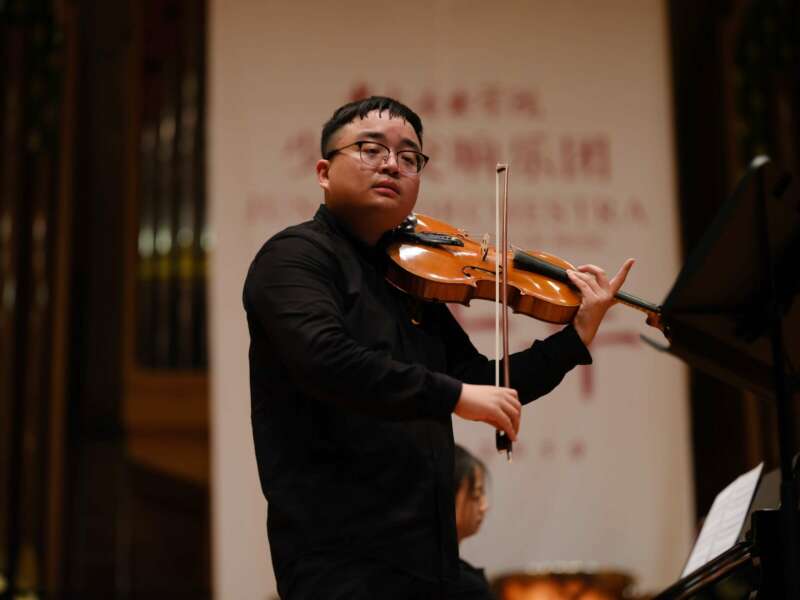
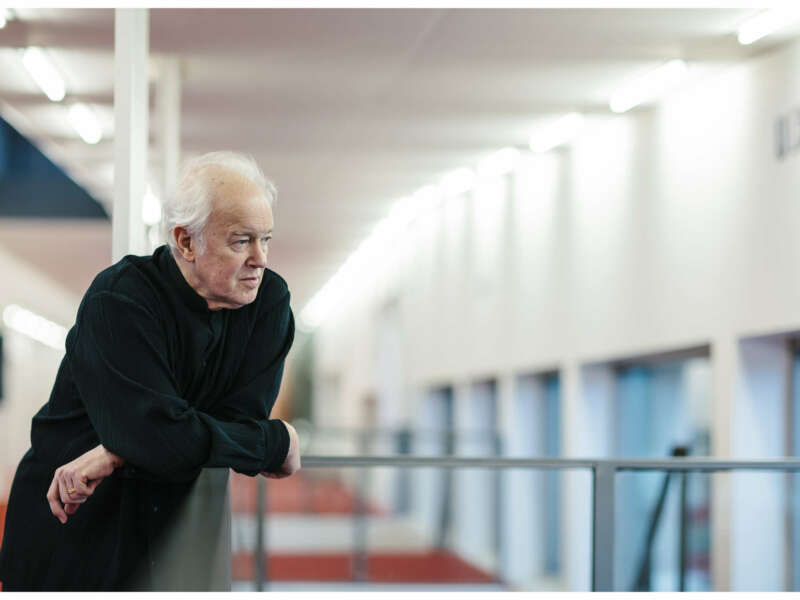
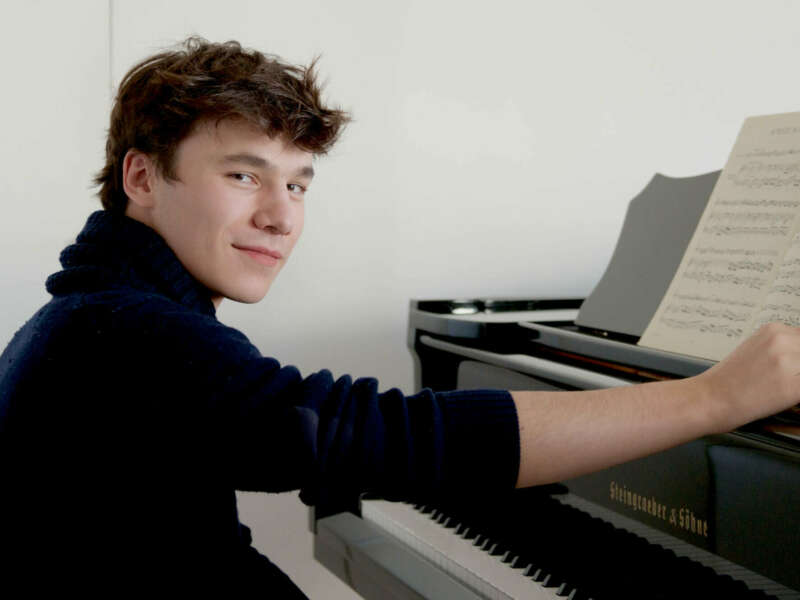

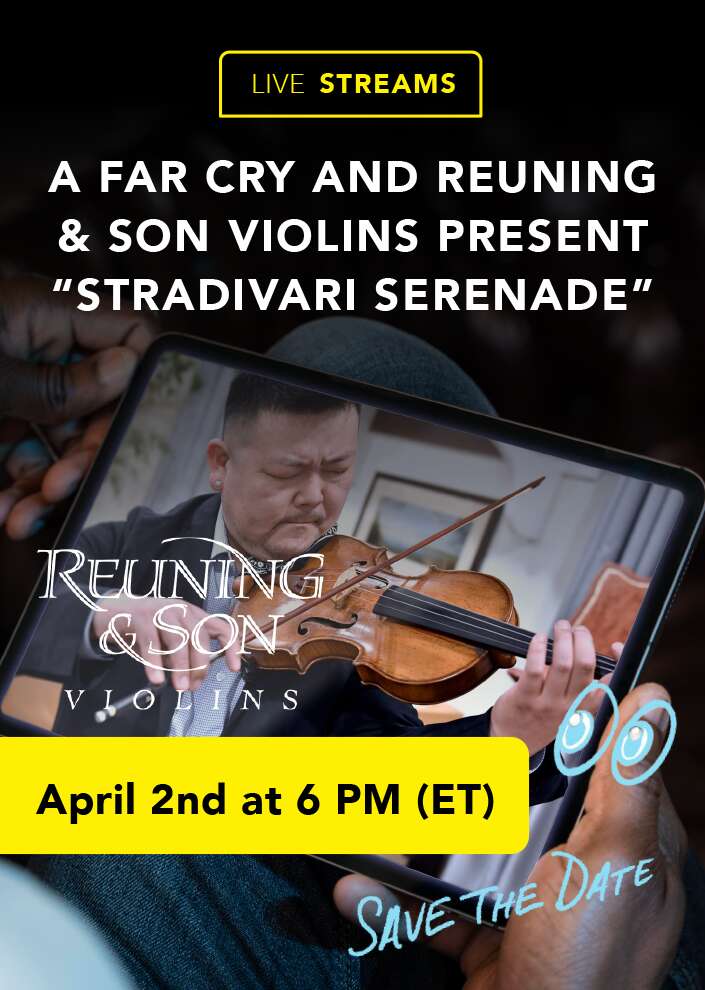
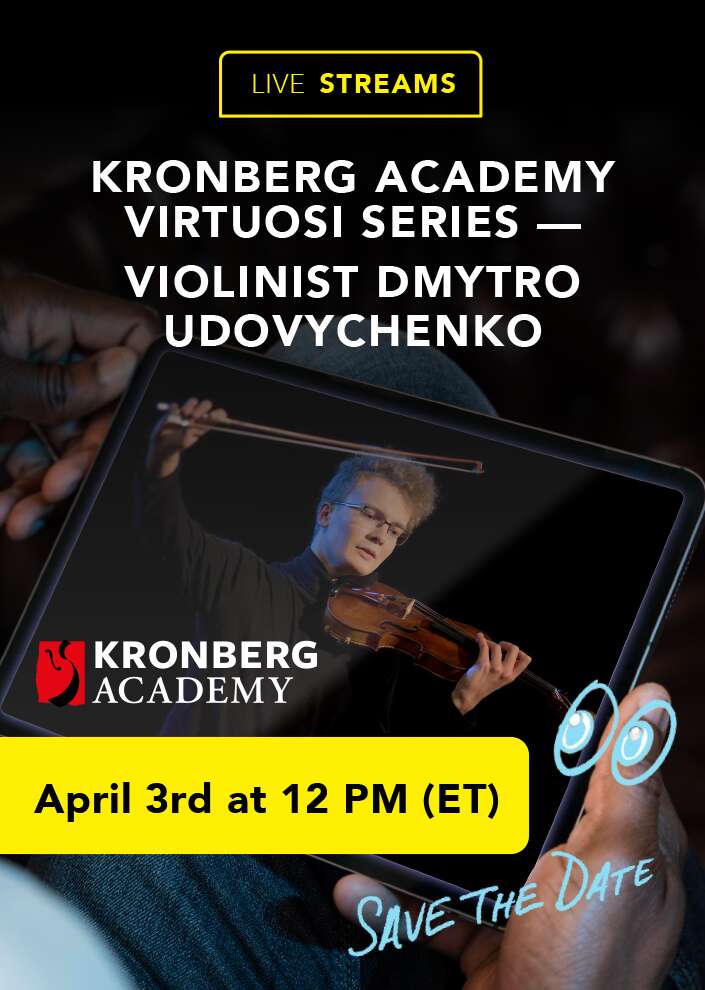
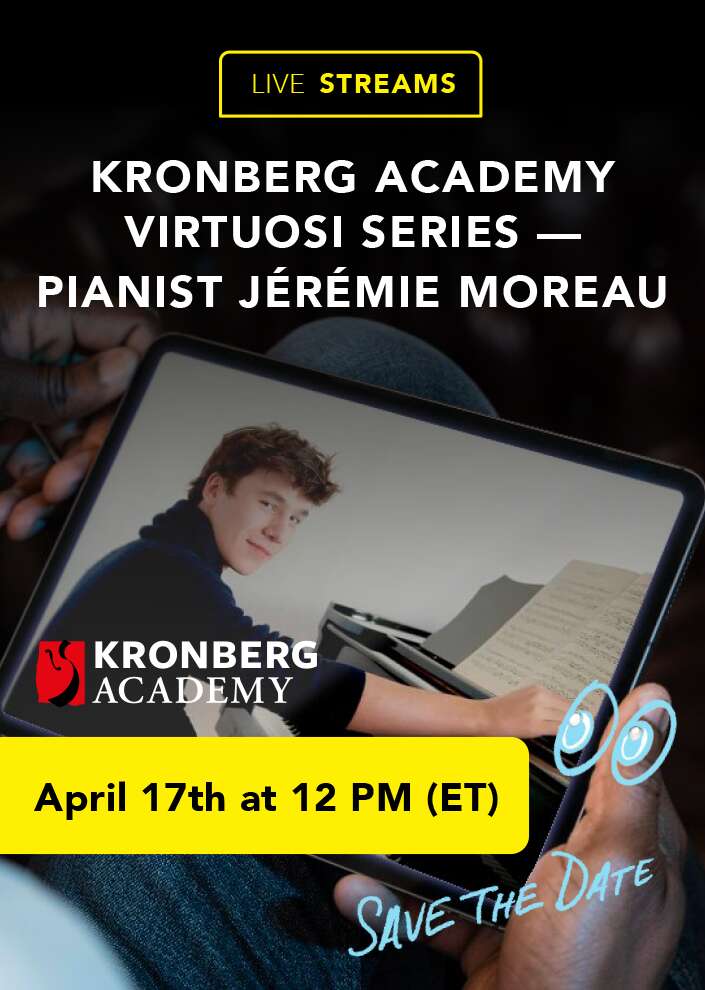
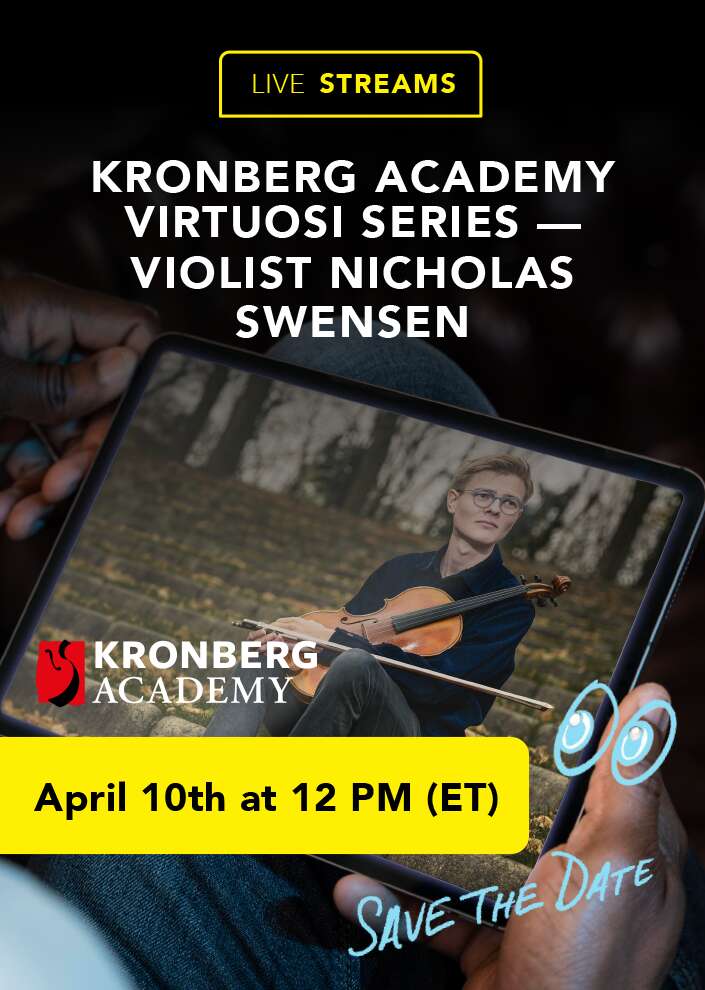















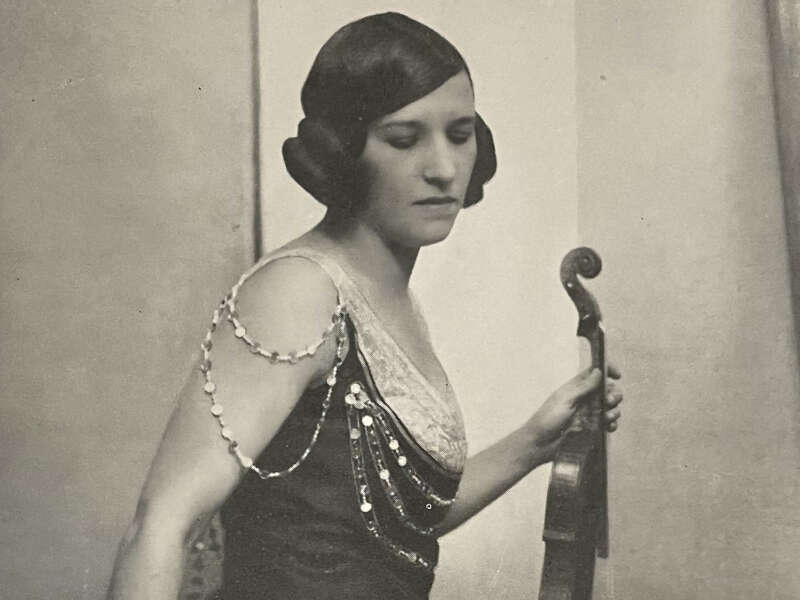
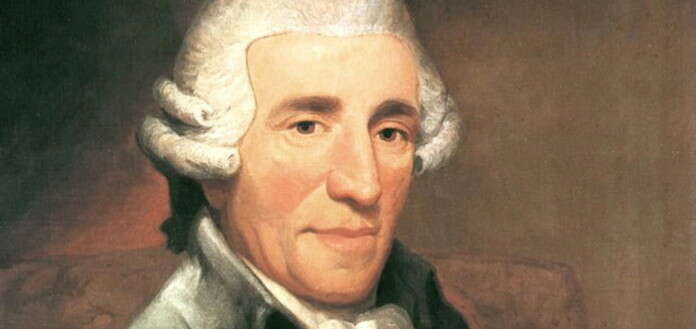
![Hungarian Violinist Franz von Vecsey was Born On This Day in 1893 [ON-THIS-DAY] - image attachment](https://www.theviolinchannel.com/wp-content/uploads/2017/03/Franz-Von-Vecsay-Violin-Violinist-Cover-800x600.jpg)
